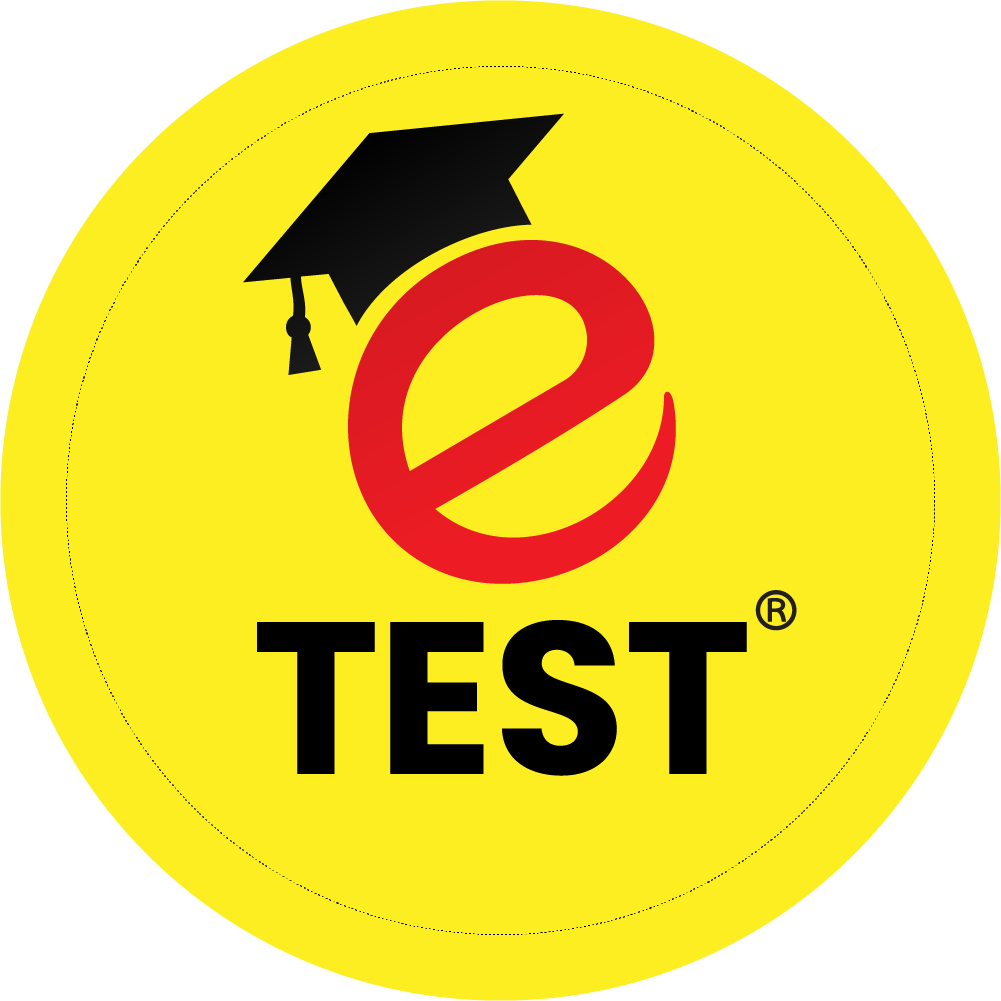- 206
- 207
- 208
- 209
- a
-
A newborn baby has 300 bones.
Everyday Science MCQs
All Everyday Science MCqs from Current & Past Papers have uploaded on ETEST Website. All Everyday Science MCQs are solved with complete detail. Visitors should visit ETEST Website regularly for Best Jobs Tests Preparation because ETEST Team updates ETEST Website on daily basis.
The symbol of Hydrogen is:
- Hf
- Hs
- H
- He
- c
The average temperature for human is…….centi grade.
- 36
- 37
- 38
- 39
- b
-
37 Centi Grade is equal to 98.6 F.
The meat and eggs are rich in:
- Proteins
- Glucose
- Carbohydrates
- None of these
- a
The adult has average blood volume about……litres.
- 4
- 5
- 6
- 7
- b
How many bones in human body?
- 206
- 208
- 210
- 250
- a
In the following series: 12,11,13,12,14,13,……. What number should come next?
- 13
- 14
- 15
- 16
- c
-
12-1=11
11+2=13
13-1=12
12+2=14
14-1=13
13+2=15
Total number of cubic blocks are 50. To construct a solid cube with none left over, what will be the minimum numbers that needs to be taken?
- 21
- 22
- 23
- 24
- c
To pack 100 pair of shoes into cases that each holds 20 shoes, then how many cases do we needs?
- 5
- 10
- 15
- 20
- b
-
20 Shoes= 10 Pairs
10 Pair of Shoes required 01 Case
100 Pair of Shoes required 10 Cases.
(100/10=10)
Short-term memory lasts only:
- 5-10 Seconds
- 10-15 Seconds
- 20-30 Seconds
- None of these
- c
-
Memory Loss problem is called Amnesia.
